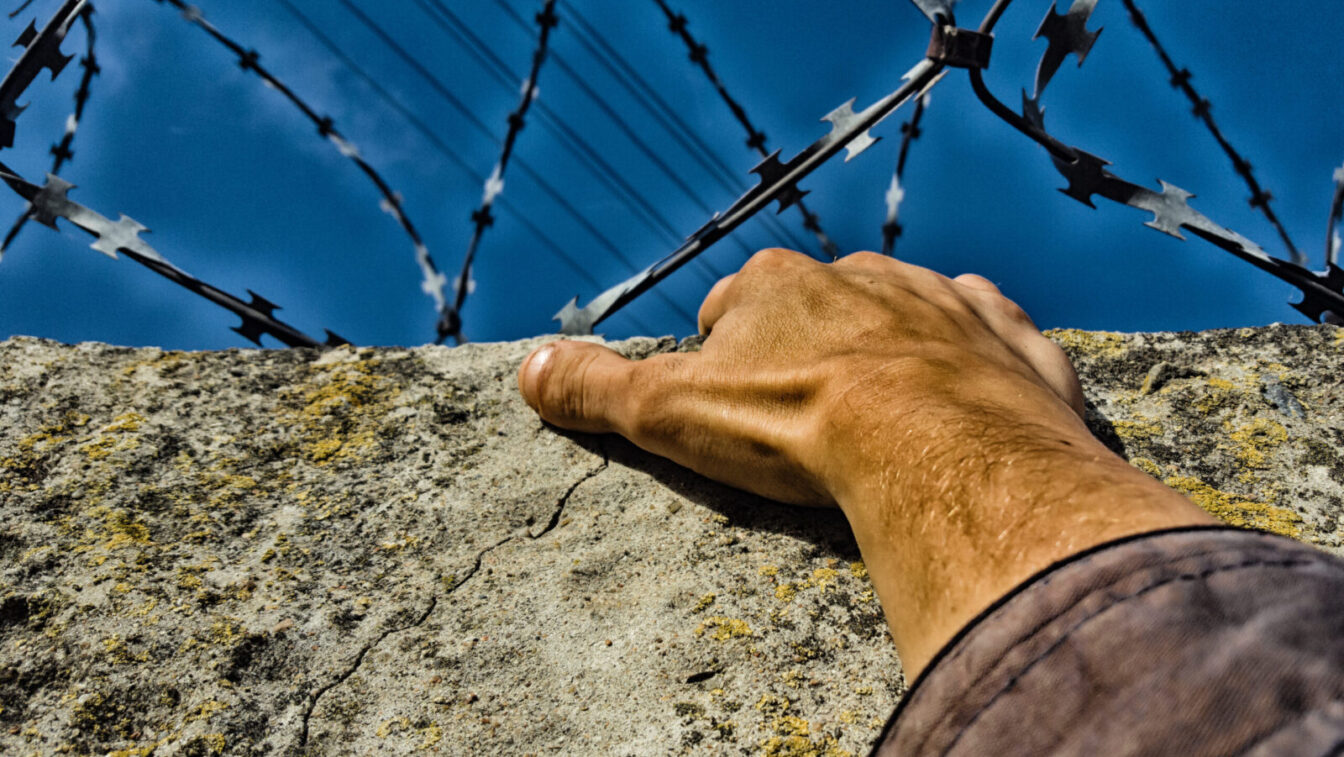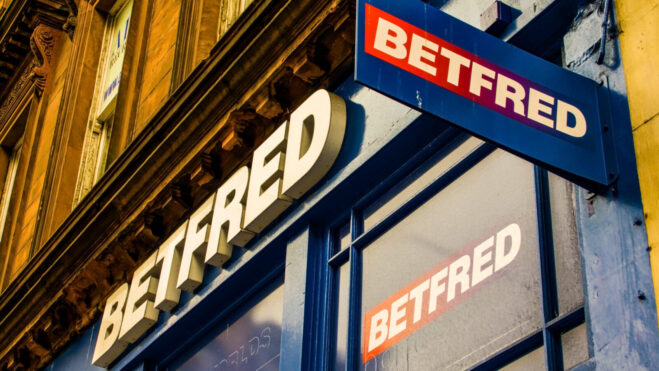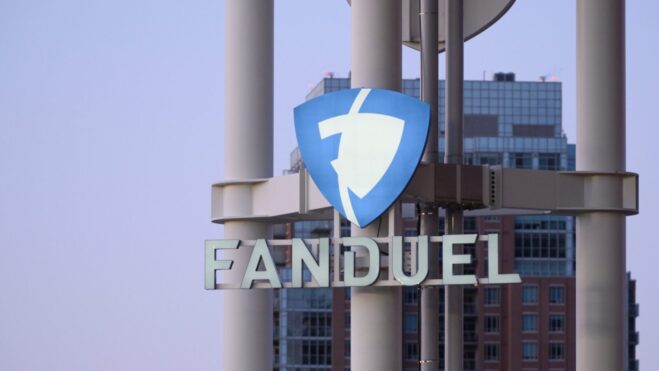Virginia Judge Tosses Charges Against Store Owner, Finds Redesigned Skill Games Legal
Judge’s interpretation of criminal statute could pave way for machines at more small businesses
3 min

A Hanover County Judge in Virginia ruled Thursday that Queen of Virginia Skill 2 Games (QVS2) do not meet the legal definition of illegal gambling machines under state law and dismissed a charge against a store owner who had the machines.
David Bogese, who was the defendant in the case, had been charged with possession of an illegal gambling device, which is a misdemeanor in Virginia. The debate over the QVS2 machines began almost immediately after store owners had begun placing the machines in establishments last fall, prompting the Virginia Attorney General’s Office to investigate their legality.
Attorneys and Virginia State Senators Ryan McDougle and Bill Stanley, who represented Bogese, moved to dismiss the charge by arguing county prosecutors failed to prove the machines met the statutory definition of an illegal gambling device.
Hanover County Judge Hugh McConnell agreed with the defense, applying a strict construction of the law as it is written. In this instance, any ambiguities that can be found in a criminal law statute can be interpreted in favor of the defendant.
“It feels good to get this decisive ruling today defending the right for small businesses to operate within the law,” Bogese told the Virginia Mercury after Wednesday’s hearing. “Today is a victory not just for our case and our business, but for small businesses across the commonwealth to take part in our free market and against the overreaches of government. I am looking forward to getting back to business as usual.”
How game play activates a key point
As written, § 18.2-331 of Virginia Law states: “A person is guilty of illegal possession of a gambling device when he manufactures, sells, transports, rents, gives away, places or possesses, or conducts or negotiates any transaction affecting or designed to affect ownership, custody or use of any gambling device, believing or having reason to believe that the same is to be used in the advancement of unlawful gambling activity.”
The state’s gambling statute bans devices that “requires the insertion of a coin, currency, ticket, token, or similar object to operate, activate, or play a game…” McDougle and Stanley argued that since the QVS2 machines do not require or have the ability to accept the insertion of any such object to activate game play, they are compliant with state law.
The redesigned machines, designed by manufacturer Pace-O-Matic specifically to comply with the language of ban on “skill games” machines in Virginia, become activated when a potential player approaches a store attendant and presents cash to initiate game play. The attendant then enters a code with the corresponding amount of credits to activate game play.
“The law requires that, in order to be an illegal skill game, it requires that the terminal have an area where you insert a coin, token or other similar object in order to activate and the player to play the game,” Stanley explained to Radio IQ after the case. “Those games don’t have that kind of insertion. They’re not insertion games.”
A battle renewed in the commonwealth
The legal status of skill games in Virginia first changed in 2020, when the General Assembly passed legislation banning the devices. However, the COVID-19 pandemic prompted the state to offer a one-year reprieve on the ban to help small businesses.
That reprieve continued because the agency tasked with enforcing the ban, the Virginia Alcoholic Beverage Control Authority, ended those efforts in 2021. That left the legal status of skill games in limbo until 2023, when the state Supreme Court reinstated the ban and overturned a lower court ruling that issued an injunction blocking the ban.
The following year, newer QVS2 games began to circulate in the state. That again brought their legal status into question since the game designer, Pace-O-Matic, had consulted with former Virginia Attorneys General Jerry Kilgore and Tony Troy prior to rollout.
“Pace-O-Matic has launched new, legally compliant skill game technology that supports Virginia small businesses by allowing them to earn supplemental revenue today,” Pace-O-Matic spokeswoman Rachel Albritton said in a statement last year. “Pace-O-Matic has never and will never operate outside the law. Virginia legal experts have thoroughly reviewed our new product and have confirmed that the games fully comply with current statute.”
This year there two separate bills filed in the Senate in a bid to regulate skill games as a means of generating tax revenue failed to advance out of committee. SB 1322, authored by Sen. Bill DeSpeth, proposed a $1,200 monthly tax on electronic gaming devices in the state. SB 1287, sponsored by Bryce Reeves, proposed the creation of the Virginia Gaming Commission to oversee all aspects of gaming in the commonwealth except the lottery.






